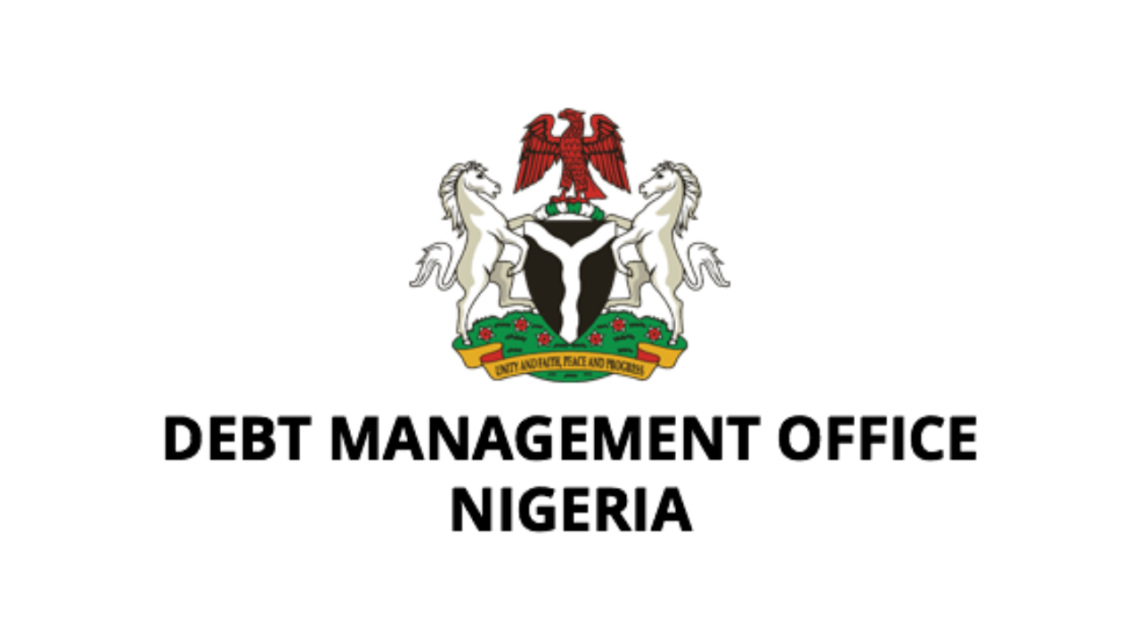In 2023, Nigeria witnessed a substantial surge in its debt servicing expenses, reaching a staggering sum of N7.8 trillion. This marked a significant 121 per cent increase compared to the N3.52 trillion incurred in the previous year, as reported by the Debt Management Office (DMO).
Breaking down the data, domestic debt servicing costs amounted to N5.23 trillion, reflecting a notable 104 per cent increase from the previous year’s N2.56 trillion. Meanwhile, external debt servicing expenses surged by 167 per cent to N2.57 trillion, compared to N962.5 billion recorded in 2022.
This substantial increase in Nigeria’s debt servicing costs can be attributed, in part, to the devaluation of the local currency. The devaluation drove up the cost of servicing foreign debt obligations, particularly as the Central Bank of Nigeria (CBN) grappled with foreign exchange liquidity challenges and exchange rate volatility. The prevailing exchange rates for the quarterly periods were utilized by the DMO to convert external debt costs from dollars to naira.
It’s worth noting that the debt servicing costs in the review year surpassed the budgeted amount of N6.56 trillion. The federal government had earmarked N6.56 trillion for debt servicing in the budget, comprising N3.29 trillion for domestic debt, N1.81 trillion for external debt, N247.7 billion for the sinking fund, and N1.2 trillion for interest on Ways & Means debt to the CBN.
Nigeria continues to grapple with dwindling revenue amidst rising fiscal expenditure, with debt servicing consuming a significant portion of the government’s budget. According to data from the Budget Office, debt servicing accounted for 45.6 per cent of total expenditure between January and September 2023. Moreover, debt servicing consumed approximately 80.9 per cent of total federal government revenue during the same period, with retained revenue standing at N7.51 trillion and debt service totaling N5.79 trillion as of September 2023.





